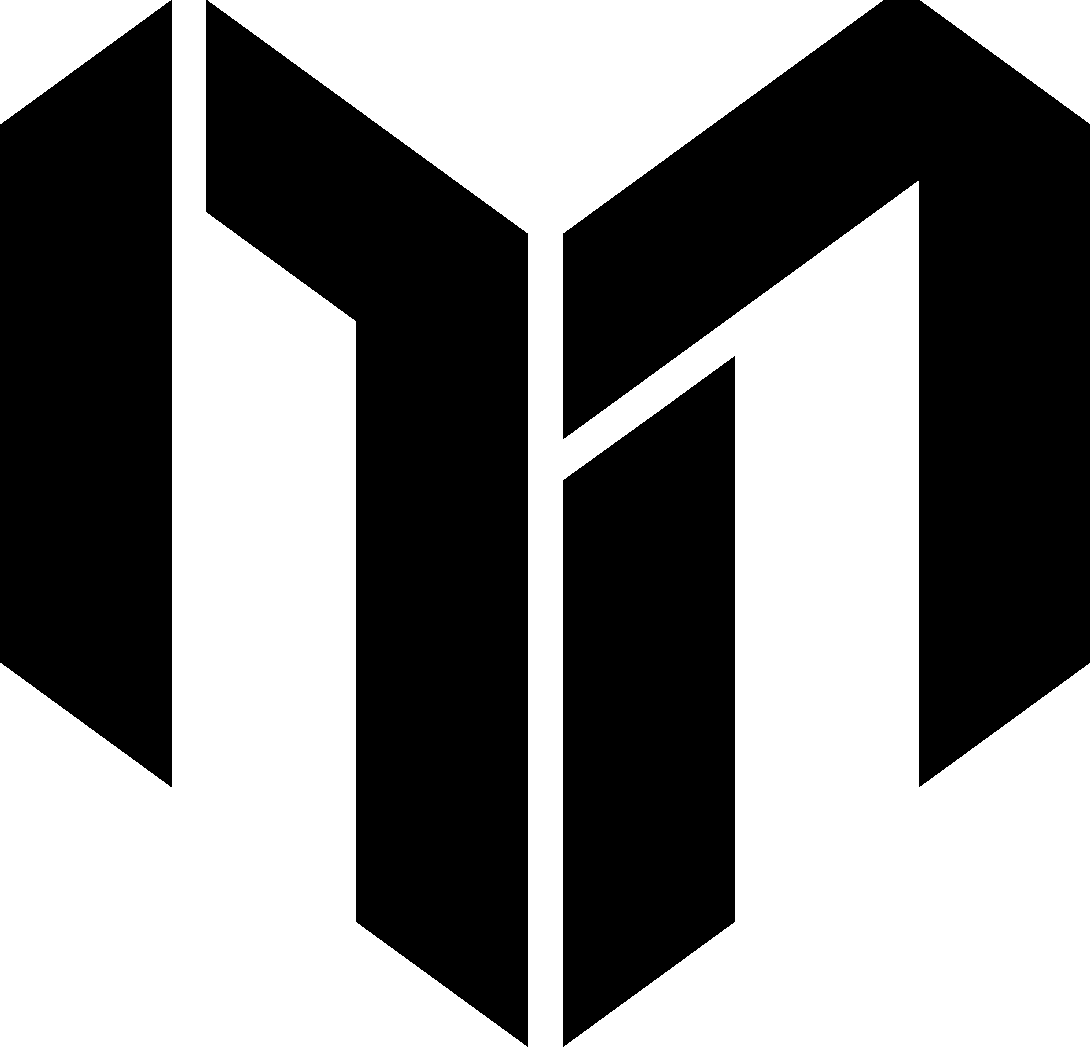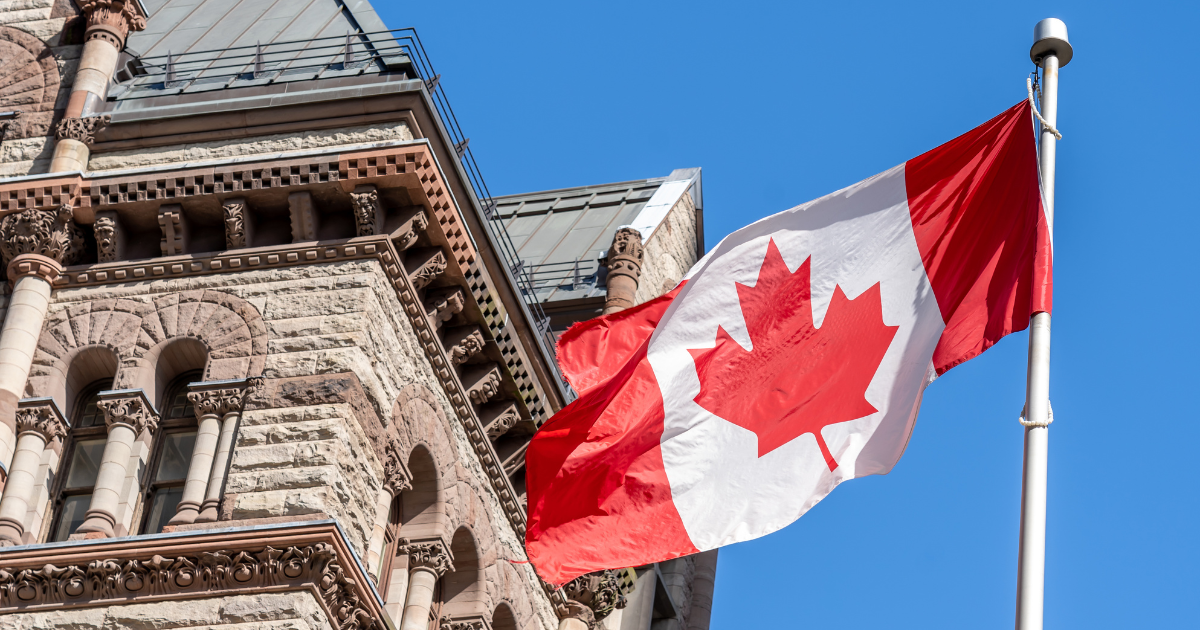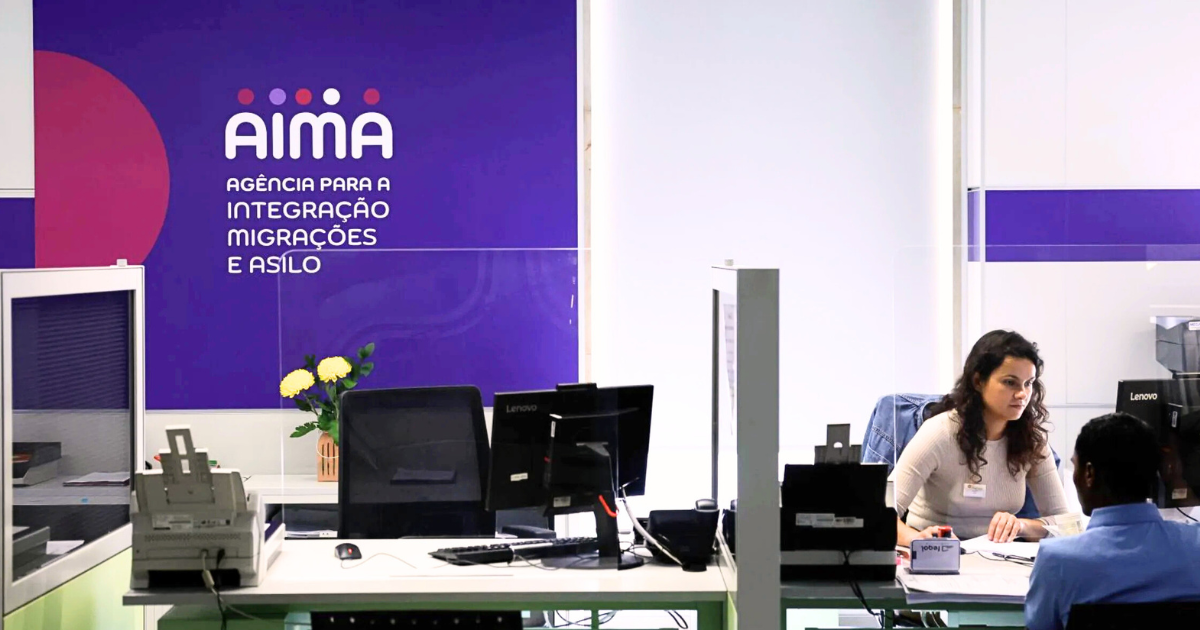A broad coalition of employers, labor unions, healthcare providers, educators, and advocacy organizations has launched a lawsuit to block the Trump administration’s latest immigration measure: a $100,000 fee on every new H-1B visa application. The lawsuit, filed October 3 in the U.S. District Court for the Northern District of California, argues that the proclamation is unconstitutional and destabilizing for the U.S. economy.
The fee, effective September 21, 2025, requires U.S. employers sponsoring foreign skilled workers to pay the six-figure charge for each petition filed under the H-1B skilled worker visa program.
Employers Push Back
The coalition includes the Global Nurse Force, the Global Village Academy Collaborative, the International Union, and individual skilled workers. Their legal team—Democracy Forward, Justice Action Center, the South Asian American Justice Collaborative (SAAJCO), Kuck Baxter LLC, Joseph & Hall, P.C., and IMMpact Litigation—argues that the sudden financial burden will harm sectors already grappling with labor shortages.
Healthcare, education, and technology industries in particular rely heavily on H-1B professionals to address gaps in critical services. Critics warn that such a steep fee will not only deter applications but also push companies to shift operations abroad.
“Trump’s restrictions on H-1B visa applications will lead to less lifesaving research, reduced innovation, and diminished competitiveness,” said Todd Wolfson, president of the American Association of University Professors.

A lawsuit filed in California challenges Trump’s proclamation imposing a $100,000 fee on every new H-1B visa application.
The Administration’s Rationale
The White House has defended the proclamation as a safeguard against program abuse, citing wage suppression, job losses for American workers, and national security concerns. Officials maintain that the new fee will curb misuse by employers while still allowing access to top global talent.
Legal and Constitutional Debate
Claimants counter that the measure violates the Administrative Procedure Act and exceeds the president’s authority by effectively rewriting the visa framework without congressional approval.
“President Trump cannot impose a six-figure immigration ransom by fiat. This exorbitant fee invites corruption and is unlawful, destabilizing, and bad for everyone,” said Skye Perryman, President and CEO of Democracy Forward.
Broader Implications for Skilled Immigration
The lawsuit arrives at a time when the U.S. Department of Homeland Security (DHS) is separately considering reforms to the H-1B lottery system, proposing a shift from random selection to one that prioritizes wage levels and talent categories. Together, these changes could redefine how the U.S. competes in the global market for skilled workers.
Experts caution that if the $100,000 fee remains, it risks undermining the very competitiveness that the H-1B program was designed to enhance. By raising barriers for both employers and skilled migrants, the U.S. could lose ground to Canada, Australia, and the European Union, all of which are actively expanding their own skilled worker visa frameworks to attract global talent.
TIM Editorial View
At The Immigration Magazine, we note that immigration policy has always been a balancing act between protecting domestic labor markets and maintaining America’s role as a magnet for global talent. The $100,000 H-1B fee, however, appears less like a regulation and more like an exclusion.
While oversight of the program is legitimate, pricing out employers—especially in critical sectors such as healthcare and education—risks damaging not just innovation but also U.S. economic resilience. Skilled worker visas, whether H-1B in the U.S. or equivalent pathways abroad, remain vital instruments for connecting talent with need. The lawsuit will test not only the legality of this proclamation but also America’s long-term commitment to attracting and retaining the world’s best minds.









